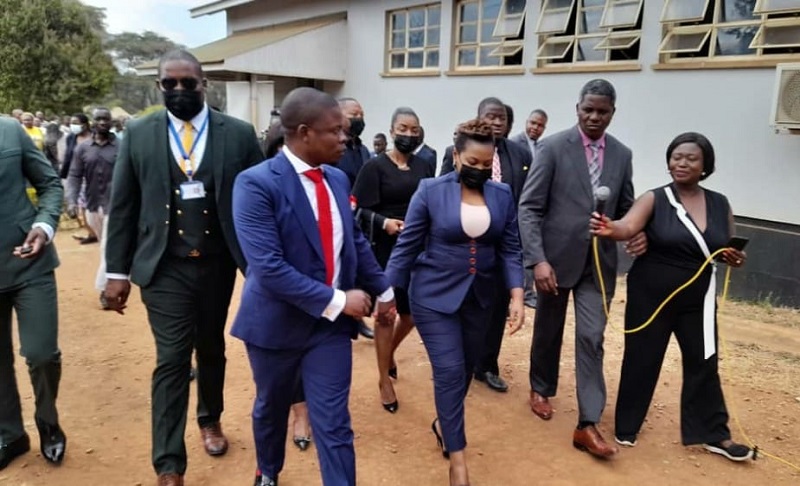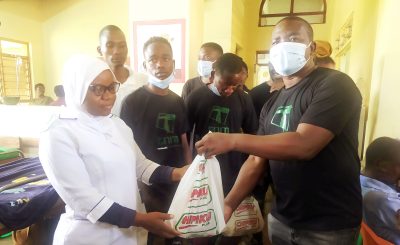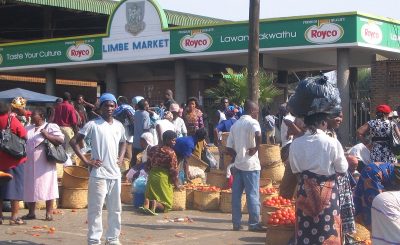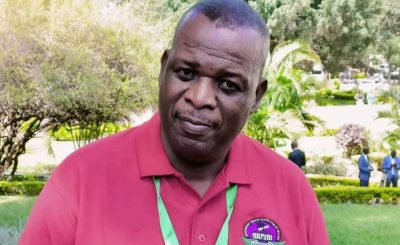Chief Resident Magistrate Madalitso Khoswe Chimwaza says she will deliver her ruling on August 22, 2022 on an application by the State to have South Africa-based witnesses testify virtually in a case involving Prophet Shepherd Bushiri and his wife Mary.
The development follows submission of affidavits and skeleton arguments by the State defending its application on the testimony by the foreign-based witnesses.
According to Director of Public Prosecutions (DPP) Steven Kayuni, High Court’s determination on the application was clear that it is upon the discretion of the court to direct on how the witnesses can render their testimony.
Said Kayuni: “Our arguments before court was that there should before physical testimony in South Africa and that the depositions are sent here where the lawyers representing the fugitive offenders are free to ask questions in South Africa cross examining the witnesses and then the depositions are sent here.”
But in defense, whilst referring to the same High Court judgment, one of lawyers representing the Bushiris – Wapona Kita argued that having witnesses testifying virtually is a secondary process saying that primary option requires their physical presence.
He said: “We have maintained our position which we have been maintaining through and through that the witnesses must come and testify in Malawi physically so that we can cross examine them to look at the authenticity of the allegations which they are making against our clients.”
On arguments by the State that the fugitive offenders can instruct their lawyers to represent them in South Africa, Kita said he cannot practice law in the rainbow nation.
“I am only a lawyer in Malawi, I am not a lawyer in South Africa and Bushiri doesn’t have extradition lawyers in South Africa and the lawyers in South Africa do not know anything about extradition law in Malawi,” Kita said.
The couple jumped their bail in late 2020 arguing that they believe that Malawi justice system would offer a fair trial unlike in South Africa where they were subjected to what they called partial proceedings.





